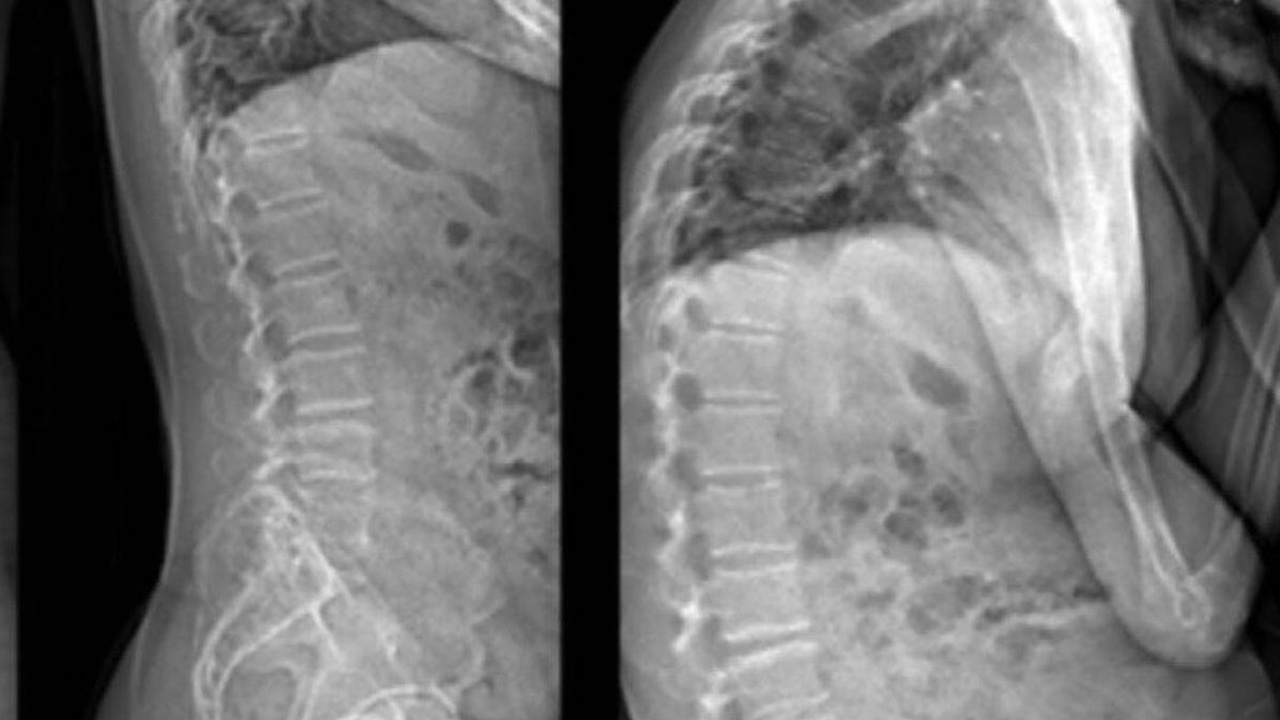
DOES POSTURE MATTER?
Jan 28, 2022Reprinted, with permission, from my Australian colleague, Dr. Andrew Locke.
Dr. Andrew's response to the question "Does posture matter?" was intended for the professionals spewing nonsense all over social media on this topic.
Instead of re-writing the whole shebang, I've just added a few [notes in parentheses] to help you along with some of the anatomical concepts. Enjoy!
The difference in posture between standing and sitting reflect the body's subconscious balance to conserve energy.
That’s an evolutionary principle for survival.
There is a constant ligamentous/musculature counterbalance and a natural inclination towards spinal kyphosis [slouching/slumping] to recruit the passive elastic complex [he's referring to ligaments, tendons and fascial connective tissues] that spares muscular contraction.
The Myoelectric silence observed in flexion is further evidence of this. [he's referring to a type of mechanical physio test here]
In cases where a retrolisthesis [posterior vertebral position/slippage] increases in slump sitting it can be a trigger for low back problems.
Slump sitting decreases lordosis [your natural lumbar curve], decreases disc height, increases intradiscal pressure [contributing to herniations and disc degeneration]. The presence of retrolysthesis [unstable, bony vertebral slippage backwards] can relate to the clear biomechanical kyphosis [slumping/rounding forward] of the torso and retroversion [tucking under] of the pelvis.
Is it a pain producing mechanism? In some cases -Yes.
Every person must be assessed individually.
What may trigger one person may not trigger another person.
It appears many physical therapists don’t understand this. If you read a research paper, or were told by an “authority” that “the evidence says posture does not matter” that demonstrates a complete lack of understanding about how to assess an individual.
It may matter, it depends.
Studies by Videman 2003, Wilder 1988, Hwee Weng Dennis Hey 2021, support that postural habits significantly influence the pattern of degeneration of the spine.
This is why we assess for individual specifics to each case.
In the case of a symptomatic retrolisthesis, or a flexion intolerant individual, postural correction may assist with resolution of the problem.
Does posture matter?
Does technique matter?
Of course they do [!]

